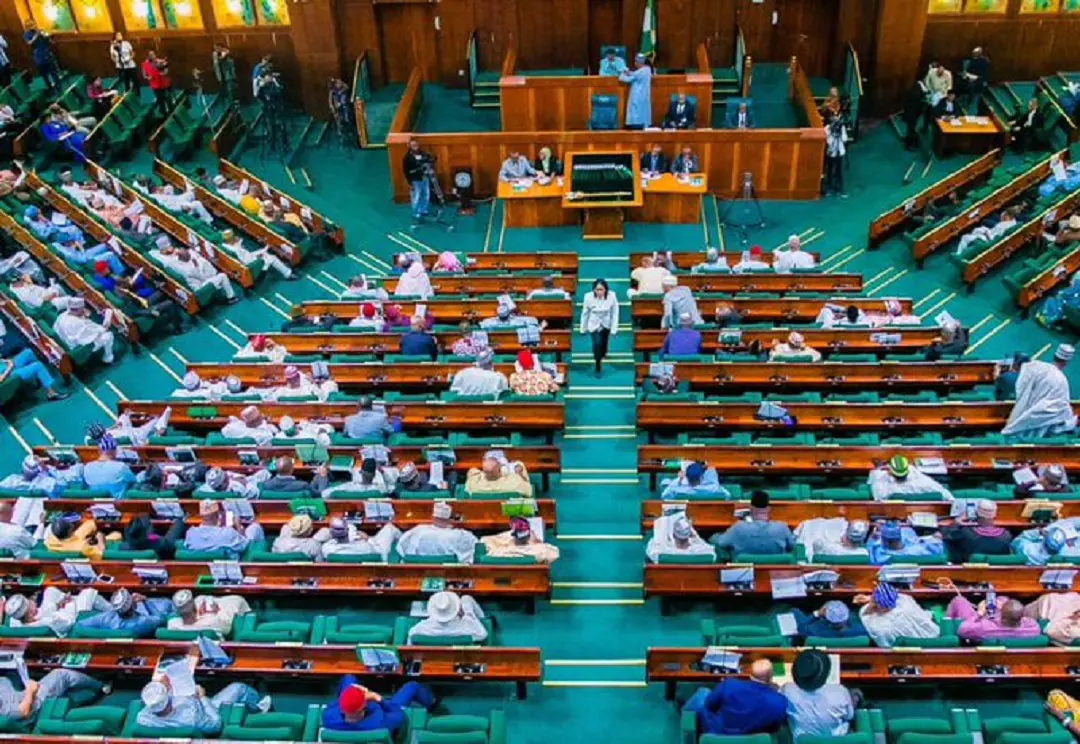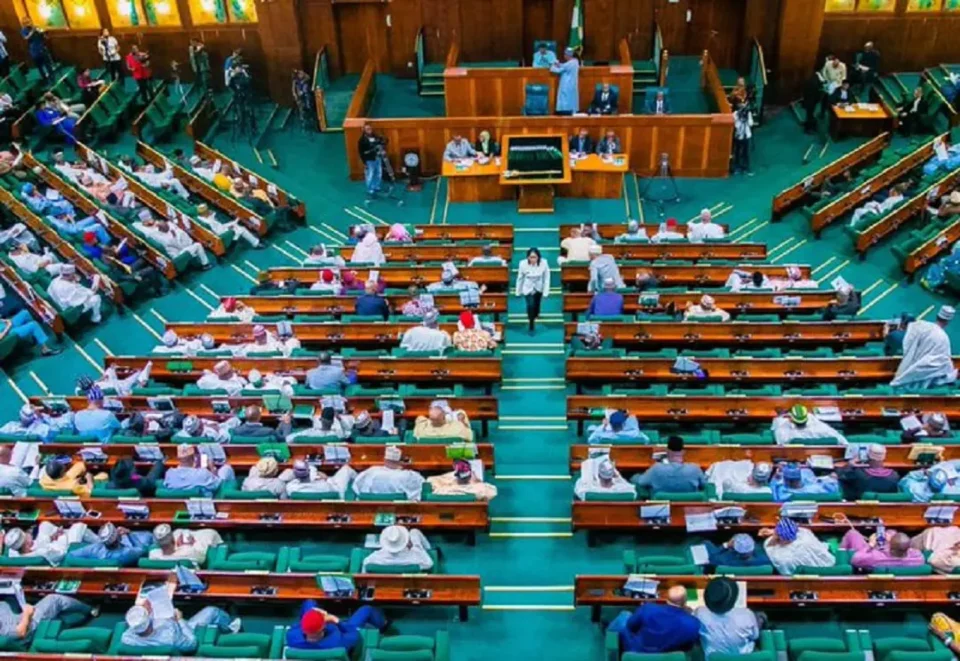On Thursday, the Anti-Gas Flaring Prohibition and Enforcement Bill received its second reading on the House floor.
Babajimi Benson’s Bill seeks to reduce the environmental, health, and economic implications of gas flaring by aligning Nigeria’s oil and gas activities with international climate change obligations.
Leading the discussion on the Bill, he stated that it tries to prevent natural gas flaring and venting, except in highly regulated conditions, while promoting the use of gas resources to promote economic growth and energy production.
He included that the Charge moreover gives a strong system for authorization, checking, and the burden of punishments to guarantee compliance.
Benson famous that the Charge was planned to address these issues whereas bringing Nigeria in line with worldwide benchmarks such as the Paris Understanding on climate alter.
He pushed that the Charge gives for a comprehensive denial of gas flaring but in crises or when unequivocally approved by the Nigerian Upstream Petroleum Administrative Commission, NUPRC.
Benson advance clarified that the execution of the Charge would be supervised by the Nigerian Upstream Petroleum Administrative Commission, which would screen compliance through customary reviews, implement punishments, and encourage gas use ventures in collaboration with administrators and improvement accomplices.
He included that the Service of Environment and other significant organizations would moreover play a supporting part, especially in observing the natural effect and guaranteeing remediation where vital.

Benson clarified that gas flaring has tormented Nigeria for decades, driving to serious natural debasement, open wellbeing emergencies, and financial misfortunes.
He said:
“Offenders who abuse these arrangements confront exacting punishments, counting fines of $5 per 1,000 standard cubic feet of gas flared and potential suspension of operations for rehash infringement.
“Furthermore, the Charge guarantees that communities influenced by gas flaring are entitled to emolument and natural rebuilding, making an instrument for redress.”

